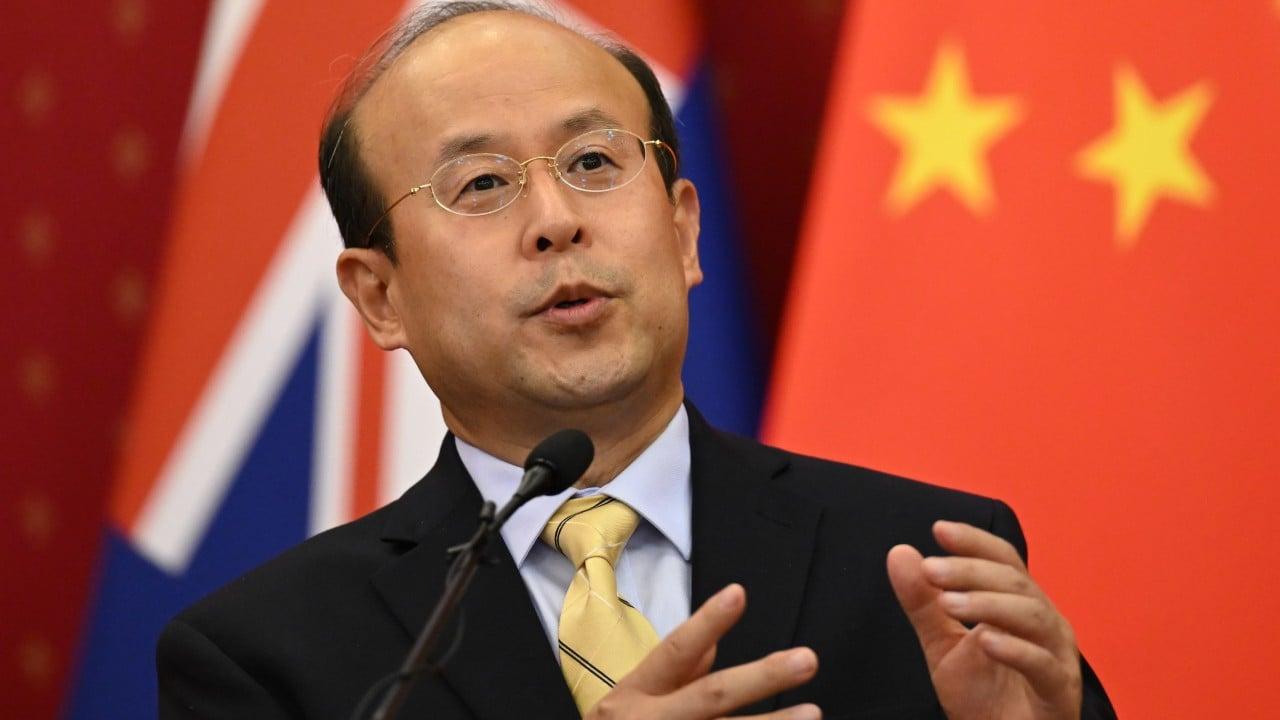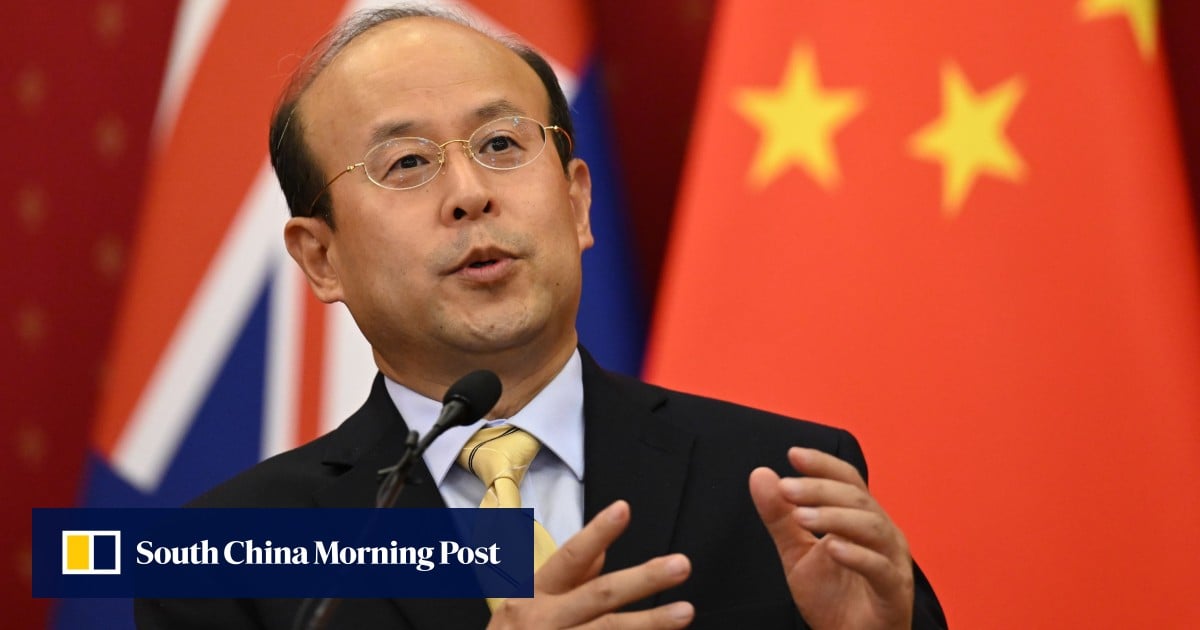

Australia is among several countries who have seen purchases of key products by the world’s second-largest economy dry up without any broad announcement or explanation from Beijing.
China’s imports of Australian coal, barley, seafood and other products slowed to a crawl after an April 2020 call by then-prime minister Scott Morrison for an international investigation into the origins of the coronavirus.
US Secretary of State Antony Blinken said in 2021 that China was punishing Australia with economic restrictions, and warned the behaviour would not help improve relations between Beijing and Washington.
President Xi Jinping’s recent moves to repair relations with both the US and Australia have not yet resulted in a return to normal trade flows.
Xiao said trade volumes instead reflected a shift Chinese businesses’ behaviour.
The buying and selling of coal is a business and it is up to companies from the two countries to “make their own decisions,” he said.
Glencore and BHP Group are among shippers to have agreed sales, according to people familiar with the details.
Australia-China relations had a “turnaround” and a “very positive year” following the election of Anthony Albanese’s government in 2022, Xiao said.
Beijing and Canberra should deepen their collaboration on climate change and critical minerals, he said, singling out electric vehicles and the strategically-important metal lithium as areas of potential cooperation.
Diplomatic relations between Canberra and Beijing are easing after several years of strain, and the Australian government is watching to see if China, its largest trading partner, lifts unofficial trade blockages on a dozen Australian exports.
When we have an improvement in relations we also notify our companies and the people in China
China’s state planner this week allowed three central government-backed utilities and its top steelmaker to resume coal imports from Australia, lifting an unofficial ban in place since 2020 after Canberra called for an investigation into the origins of the coronavirus.
Australia has two complaints at the WTO against dumping tariffs imposed by China on Australian wine and barley.
On other products, the resumption of trade depended on decisions by Chinese companies, although the Chinese government would “remind” companies through statements and notifications, Xiao said.
“We did that when we had a bad relationship. We have to tell our companies we are having some problems with this country politically, you have to be careful … and when we have an improvement in relations we also notify our companies and the people in China,” he said.

